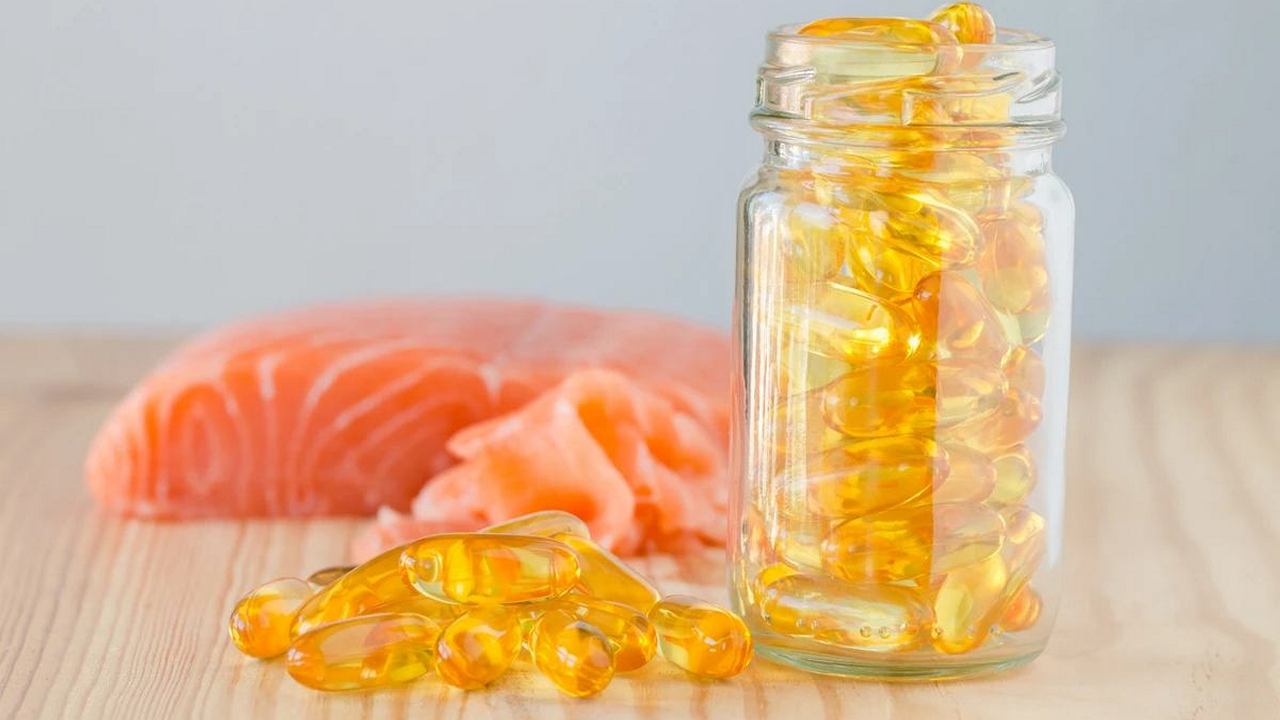In its natural state, salmon oil is a derivative of Salmon and contains a lot of essential elements and nutrients. Salmon is an excellent source of protein and is high in Omega-3 fatty acids. The fish’s healthy fats are necessary for our bodies and for our pets, too. If your dog eats fish, salmon oil can help him get some of the health advantages. In the same way, your doctor may offer you to take a fish oil supplement; providing salmon oil to your dog is not only pleasant and tasty to eat for your pet, but it could also enhance its immune system. In more detail, the health benefits of salmon oil for dogs will be discussed below:
Benefits of Salmon Oil

In a nutshell, as an addition to your dog’s food, salmon oil is a fantastic option. The sound immune system, heart health, anti-inflammatory qualities, less hyperpigmentation, and good-quality hair, and brain activity are supported by salmon oil’s omega-3 and omega-6 fatty acid content. There are three primary Omega-3 fatty acids present in salmon oil: EPA, DHA, and DPA (docosapentaenoic acid). Long-chain compounds are those that comprise 20 or even more carbon atoms. Critical structural elements of healthy cell membranes, omega-3 fatty acids, play a vital role in tissue building up. The anti-inflammatory properties of long-chain fatty acids help strengthen your dog’s hair and skin, reduce the development of skin allergies, and aid in the healing of wounds and other injuries.
How to give Salmon oil to your dog?

Salmon oil may be used in a number of ways to enhance your dog’s diet. Ask your veterinary before making modifications to your dog’s food. Alternatively, you may add it to your pet’s meal during lunchtime. When providing dogs with oil supplementation, verify the suggested dose on the package and the expiration date to make sure you give them the correct amount of oil. Contact your veterinarian if you discover your dog is having any adverse reactions to the salmon oil supplements, such as nausea, loose feces, or foul breath. You may also choose meals or snacks that already include salmon oil in the list of ingredients.
Difference between fish and salmon oil
Fatty acids (DHA, EPA) are the same in fish oil and in salmon, but that does not prove they are actually the same in quality. Certain portions of salmon are used to make salmon oil, which is compressed at cold temperatures. Consequently, the resulting oil has a high level of fatty acids. In contrast, fish oil for pets is made from anchovies, herring, krill, and mackerel. Fish oil is sometimes supplemented by other oils, such as evening primrose, potato starch, and sunflower, by certain producers. Except for salmon oil, which is cold-pressed, fish oil is cooked before it is filtered and used. Hence, for people who think both oils are similar, it is not true and these oils should be consumed separately.
Salmon oil for dogs has extreme benefits for your dog’s well-being. Pet owners should make sure that they include salmon oil and other supplements in their pets’ diets. Actions like these can make sure that your pet possesses brilliant health and stands out among other pets.

